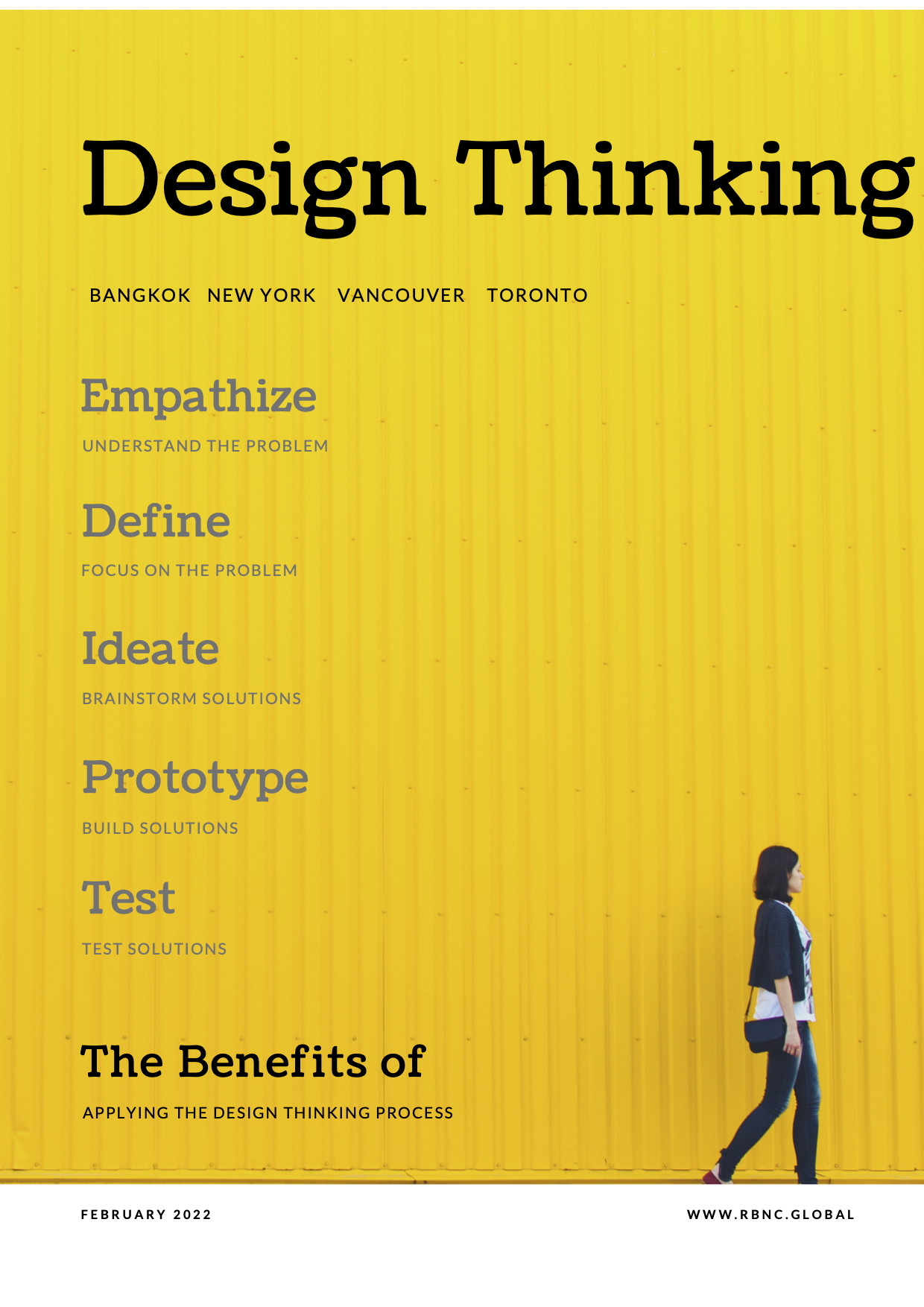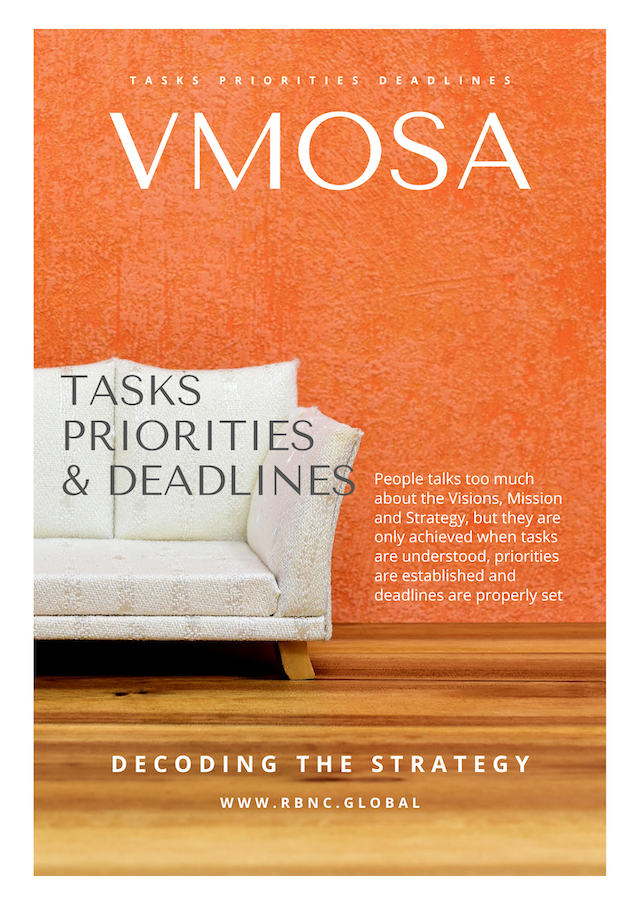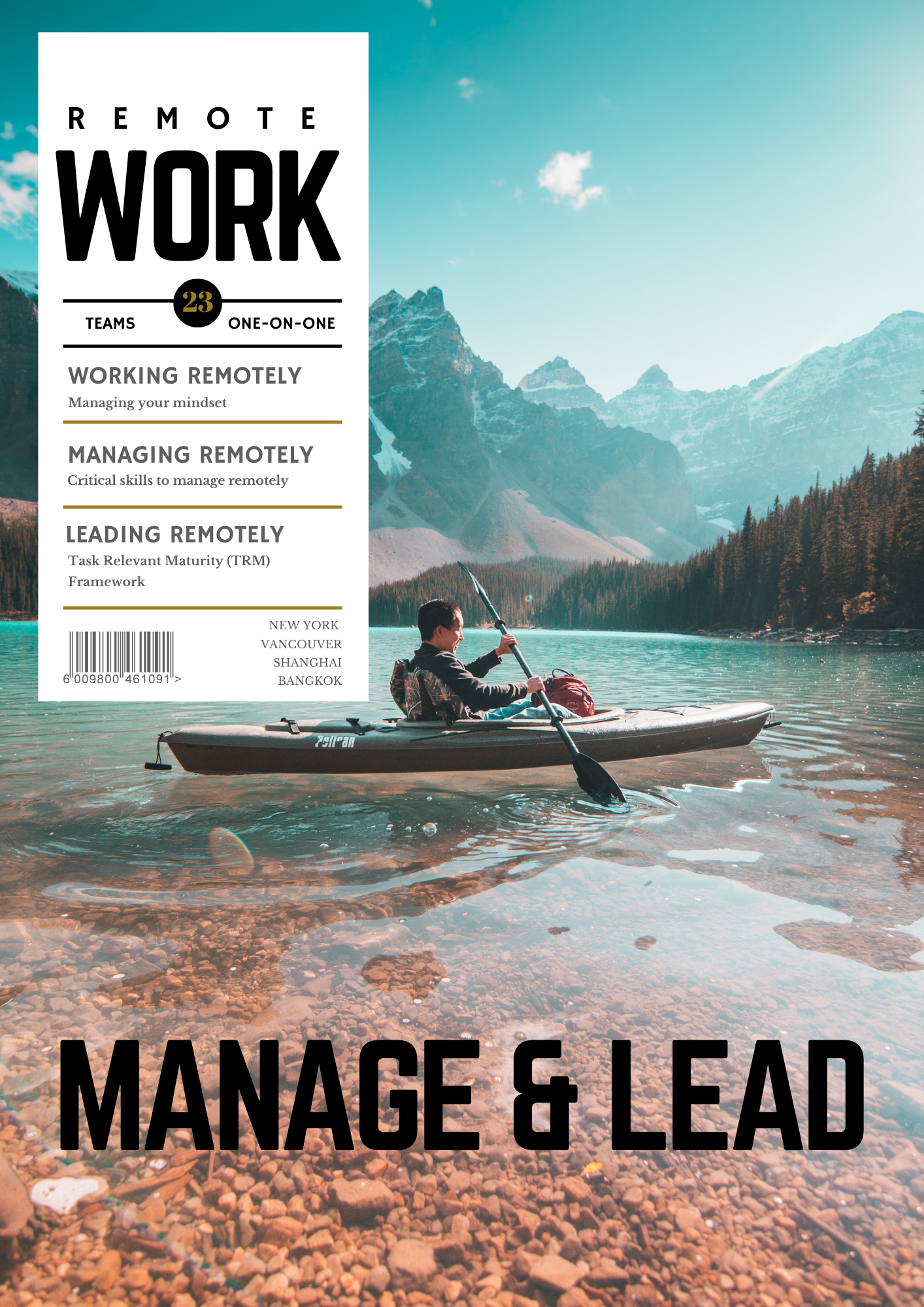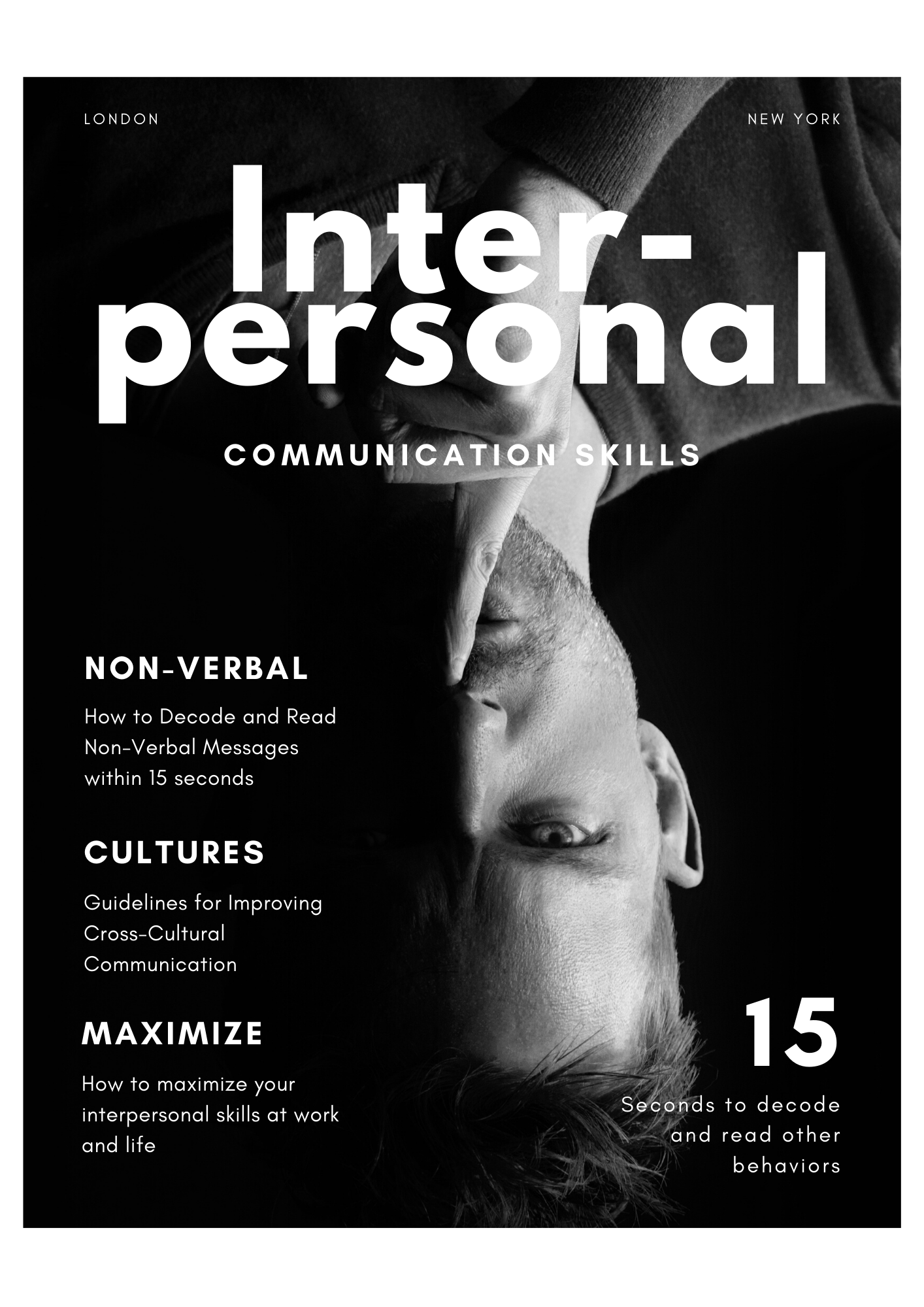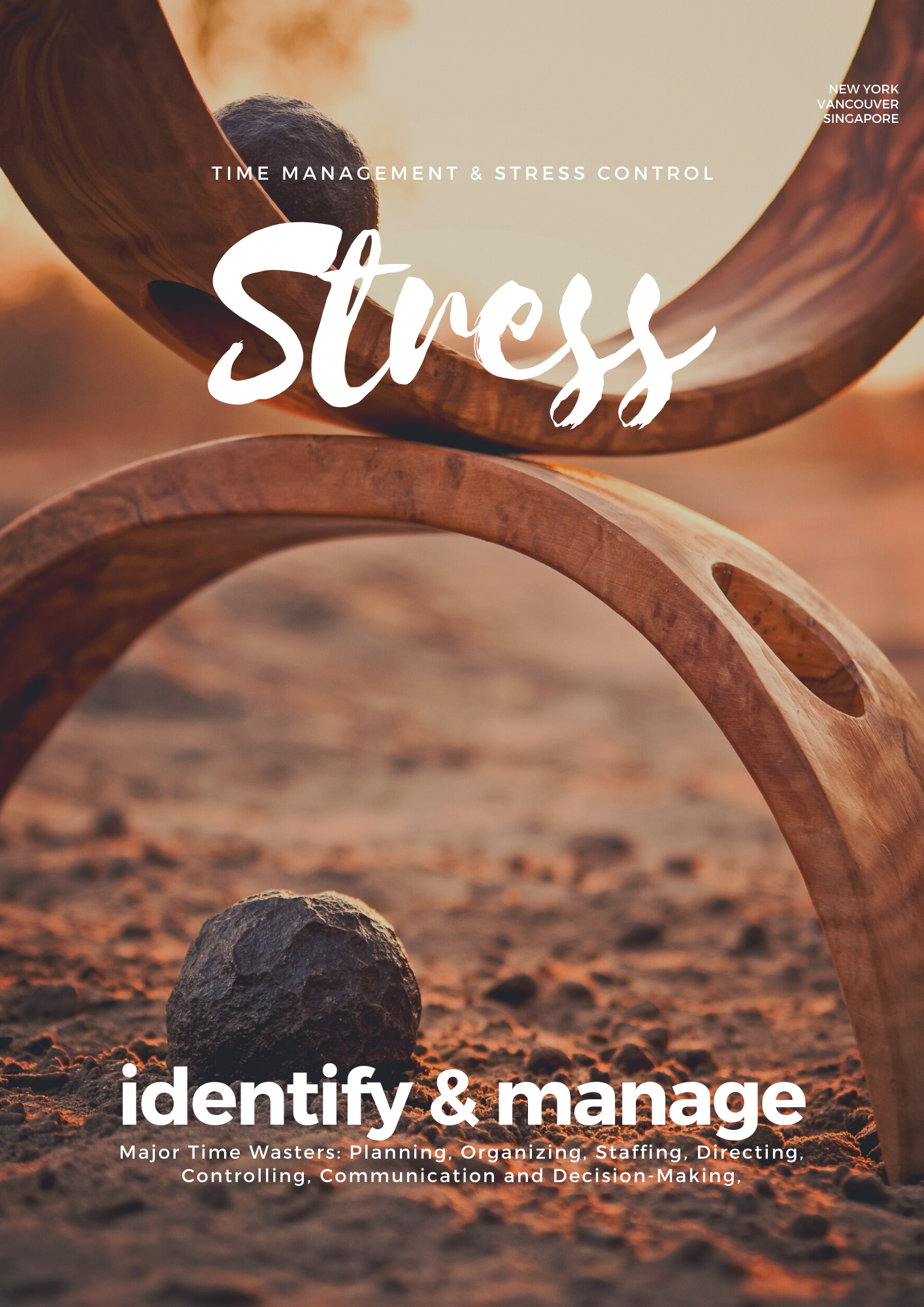Mastering Design Thinking Program
Introduction
In today’s fast-evolving business landscape, mastering Design Thinking is essential for driving innovation, enhancing problem-solving, and improving customer experiences. This human-centred approach helps businesses understand user needs, challenge assumptions, and develop creative solutions through iterative processes. By integrating empathy, experimentation, and prototyping, organizations can design products, services, and strategies that align with market demands. Design Thinking fosters collaboration across teams, ensuring that diverse perspectives contribute to innovative solutions. It also enables businesses to adapt to change quickly, reducing risks associated with product development and strategic decision-making. Companies that prioritize Design Thinking gain a competitive edge by delivering solutions that are both functional and customer-centric. Whether applied in business strategy, product innovation, or service design, mastering this methodology enhances agility and long-term success. In this training program, we explore the core principles and benefits of Design Thinking and how businesses can leverage it for sustainable growth.
This practical training program is designed with:
- 16 hours training
- 03 months one-on-one coaching
How you will benefit
- Employ different analytical methods to uncover the vital human needs behind desired solutions
- Use a problem resolution approach that incorporates empathy, ideation, prototyping, and testing in a fun and challenging atmosphere
- Apply design thinking to real business problems and produce innovative, user-focused solutions
- Implement design thinking methods associated with every stage of the problem solution journey
- Prototype suggested solutions rapidly and proactively, and test these prototypes to reduce costly mistakes and risks, accelerate organizational learning and respond to market challenges
Who should attend
People from small and large organizations will benefit equally. RBNC designs this course for anyone interested in discovering the power and versatility behind design thinking. the audience could come from different professional backgrounds such as: graphic designers, entrepreneurs, project stakeholders, project managers, software engineers and application developers, and anyone interested in learning innovative problem-solving approaches useful in resolving problems outside or within the work environment
What you will cover
Core Concepts:
- Understanding the fundamental principles and methodologies of Design Thinking.
- Exploring the benefits and applications of Design Thinking across various industries.
- Learning how Design Thinking fosters innovation and problem-solving.
- Overview of the 5 phases of design thinking.
Key Takeaways: Gain a foundational understanding of the Design Thinking framework.
Core Concepts:
- Developing empathy to understand user perspectives and needs deeply.
- Utilizing techniques such as user interviews, observations, and empathy mapping.
- Identifying user pain points, motivations, and behaviours.
- Learning how to create user personas.
Key Takeaways: Master the art of user research and empathy-driven understanding.
Core Concepts:
- Synthesizing user research to define clear and actionable problem statements.
- Utilizing techniques such as problem framing and point-of-view statements.
- Focusing on user-centred problem definitions.
- Learning how to prioritize user problems.
Key Takeaways: Learn how to translate user insights into well-defined problem statements.
Core Concepts:
- Exploring various ideation techniques to generate a wide range of creative solutions.
- Encouraging brainstorming, mind mapping, and other collaborative exercises.
- Fostering a culture of innovation and open-mindedness.
- Learning how to build on other people's ideas.
Key Takeaways: Develop your ability to generate innovative and diverse solution ideas.
Core Concepts:
- Creating rapid prototypes to visualize and test potential solutions.
- Utilizing low-fidelity prototyping techniques to iterate on ideas quickly.
- Gathering user feedback through testing and validation.
- Learning how to create a minimum viable product.
Key Takeaways: Gain practical experience in prototyping and testing your ideas.
Core Concepts:
- Conducting user testing and gathering feedback to evaluate prototype effectiveness.
- Analyzing test results and iterating on solutions based on user insights.
- Refining and optimizing solutions for user satisfaction.
- Learning how to create test reports.
Key Takeaways: Learn how to effectively test and refine your solutions based on user feedback.
Schedule
